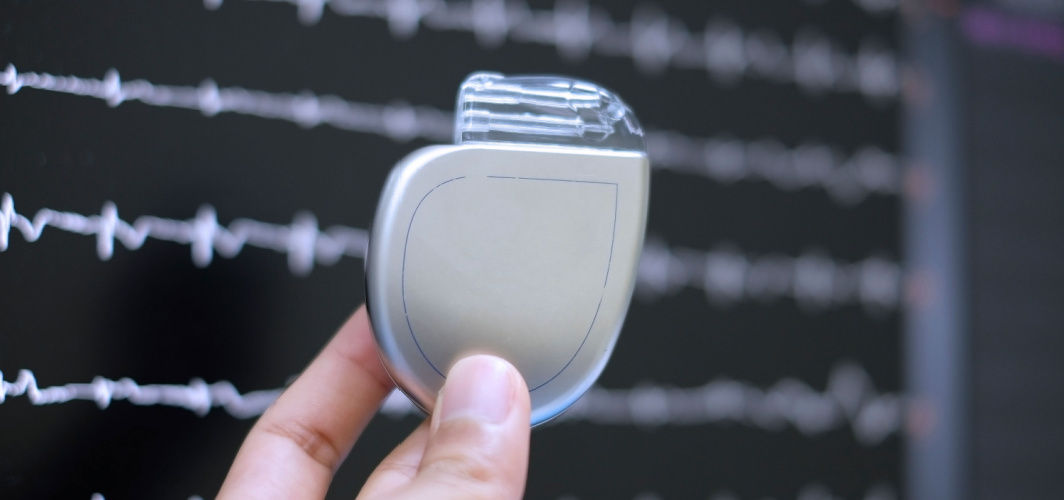Heart Conditions
Night-time Blood Pressure: What Does It Reveal?
3 min read
By Apollo 24/7, Published on - 04 December 2020, Updated on - 18 October 2022
Share this article
0
1 like

What is nocturnal hypertension?
Study on the impact of nocturnal hypertension on heart health
- A total of 306 cardiovascular events were recorded during the course of the study. The study participants experienced 88 cases of heart failure, 99 cases of coronary artery disease, and 119 cases of strokes.
- The study found that people who recorded a nighttime systolic blood pressure 20 mm Hg more than their daytime systolic reading were more likely to experience atherosclerotic cardiovascular disease and heart failure.
- Interestingly, the study also noted that the participants who controlled their blood pressure levels with medication but experienced a high reduction in blood pressure during their sleep were at a greater risk of strokes.
Factors responsible for nocturnal hypertension
- Old age
- Obesity
- Stress
- Hypertension (daytime)
- Diabetes
- Obstructive sleep apnea
- Kidney disease
- Thyroid problems
- High salt sensitivity
How to prevent nocturnal hypertension?
- Take blood pressure medication in the evening
- Get enough sleep
- Control stress and anxiety
- Reduce the intake of salt
- Quit smoking
- Avoid caffeinated beverages and alcohol later in the day
- Manage blood glucose levels
- Avoid napping during the day
- Increase physical activity (during the daytime hours)
- Avoid exposure to blue light from digital devices.
Conclusion
Heart Conditions
Leave Comment
Recommended for you

Heart Conditions
Best Tips to Keep Your Heart Healthy!
Heart plays a critical role in our overall health. However, we often assume that heart diseases only happen to older adults or to people who consume oily foods.

Heart Conditions
Labile Hypertension: Everything You Need to Know
If the blood pressure fluctuates regularly and far more than usual, it may be an indication of labile hypertension.

Heart Conditions
Pacemaker For Heart: Know The Types And How It Works
Pacemakers are man-made devices that are supposed to improve the electrical function of your heart. They are installed by doctors and surgeons to solve any electrical malfunctions.
Subscribe
Sign up for our free Health Library Daily Newsletter
Get doctor-approved health tips, news, and more.
Visual Stories

World Heart Day 2021: Take charge of your health
Tap to continue exploring
Recommended for you

Heart Conditions
Best Tips to Keep Your Heart Healthy!
Heart plays a critical role in our overall health. However, we often assume that heart diseases only happen to older adults or to people who consume oily foods.

Heart Conditions
Labile Hypertension: Everything You Need to Know
If the blood pressure fluctuates regularly and far more than usual, it may be an indication of labile hypertension.

Heart Conditions
Pacemaker For Heart: Know The Types And How It Works
Pacemakers are man-made devices that are supposed to improve the electrical function of your heart. They are installed by doctors and surgeons to solve any electrical malfunctions.